Guests on Earth
by Lee Smith
When the reader first meets Evalina Toussaint, protagonist of Guests on Earth, it is on a note of self-deprecation: this is not her story, she tells the reader, but an account of her impressions of the famous Zelda Fitzgerald. Evalina and Zelda were both patients in Highland Hospital, site of the catastrophic 1948 fire that claimed the lives of Zelda and eight other women in the psychiatric facility. But as Evalina recounts the details of her life--from lush New Orleans to Highland Hospital in North Carolina and beyond--what becomes apparent is that while Zelda plays a central role in the novel, Guests on Earth is nonetheless Evalina's story. As Evalina struggles with conflicting desires--art on the one hand, and domestic security on the other--it becomes apparent that for her, Zelda Fitzgerald serves as a dark mirror, revealing the fate that awaits a talented, sensitive woman in a milieu where such desires may be perceived as madness.
Evalina is 13 when tragedy upends her life. Her mother, a beautiful exotic dancer in New Orleans, seems to find happiness with a much older, wealthy married man, and Evalina lives a comfortable life. But soon calamity strikes, with the death of her mother. Paralyzed with grief, Evalina finds herself at the mercy of an elegant society that considers her outcast, and she's soon shipped off to Highland Hospital for treatment. It is there that she first encounters the charismatic Dr. Carroll and his wife, and meets Zelda Fitzgerald, who is destined to be a lifelong, if intermittent patient. The doctor, nicknamed "Dr. C" by his patients, prescribes shock treatments for many patients, but also has a philosophy that involves an active, creative life for the mentally ill as a form of rehabilitation. However, for women, creative aspirations are purposely limited. Dr. C believes the women in his care should not entertain "unrealistic ambitions," and must be "re-educated toward femininity, good mothering, and the revaluing of marriage and domesticity."
These ideas meet fierce if metaphorical opposition from Zelda, who one day shocks Evalina by viciously destroying a paper doll after Evalina proclaims it a princess in a tower. Zelda tells the distressed girl, "It is far better to be dead than to be a princess in a tower, for you can never get out once they put you up there, you'll see." Her words could be seen as literally prophetic--for Zelda herself will die confined to the upper floors of Highland Hospital--but are also meant as a warning to Evalina against less tangible dangers. Tragically, as the story unfolds, it becomes clear that Evalina is not equipped to recognize these dangers in her life, much less meet them effectively. For if even the passionate and strong-willed Zelda must continually capitulate, what chance can there be for Evalina?
Yet even at the heart of Dr. C's treatments, there is a paradox: his wife is teaching Evalina to play piano, and hopes to see Evalina take the stage as a professional pianist. As in real life, Guests on Earth declines to make villains or heroes of any character, instead presenting a nuanced picture of the challenges women faced in the 1940s South. Likewise, while the idea of F. Scott Fitzgerald as an oppressor of his wife's creativity does loom, he is depicted as much a prisoner of his time, in some ways, as Zelda. Perhaps for that reason Fitzgerald is permitted to contribute the title of the book--"guests on earth" being his own sobriquet for the insane, in a letter to his daughter, Scottie.
Evalina grapples with this complexity throughout the novel, with heroic if doomed determination. She desires all the things that her culture declares a woman should want--marriage, a home, motherhood. At the same time, there is a compulsion in Evalina for the shadow half: untamed sexuality, travel and art. She is not the only one, and nor is Zelda: Highland Hospital is populated with an array of compelling women who in one way or another are ravaged by this gender-specific dichotomy.
In particular, Evalina's friend Dixie is attracted to the glamour of embodying the quintessential Southern belle, but crumples from the societal pressure. Through the story of Dixie, Smith explores the extraordinary challenges that were unique to Southern women even as late as the mid-20th century, beyond what the received wisdom of 18-inch waists and womanly decorum would allow.
Above all, Smith lures the reader with lush prose, evocative settings and a voice that is distinct from the beginning. Through Evalina's eyes and the richness of her experience, Smith explores the unnamed border country that lies between sanity and madness, joy and heartbreak. --Ilana Teitelbaum
Watch the trailer for Guests on Earth here.



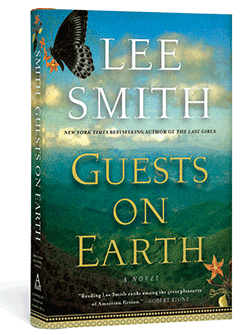
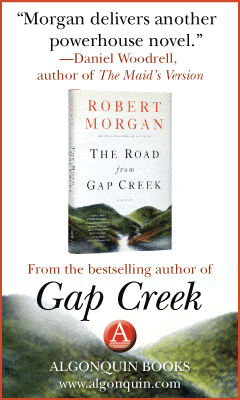
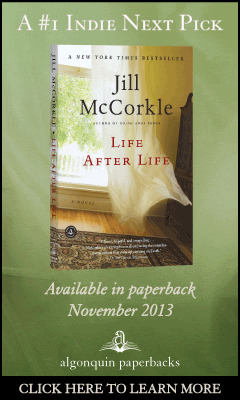
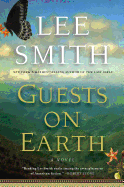

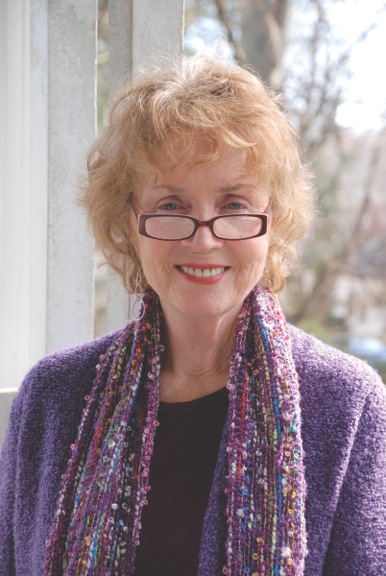 Lee Smith
Lee Smith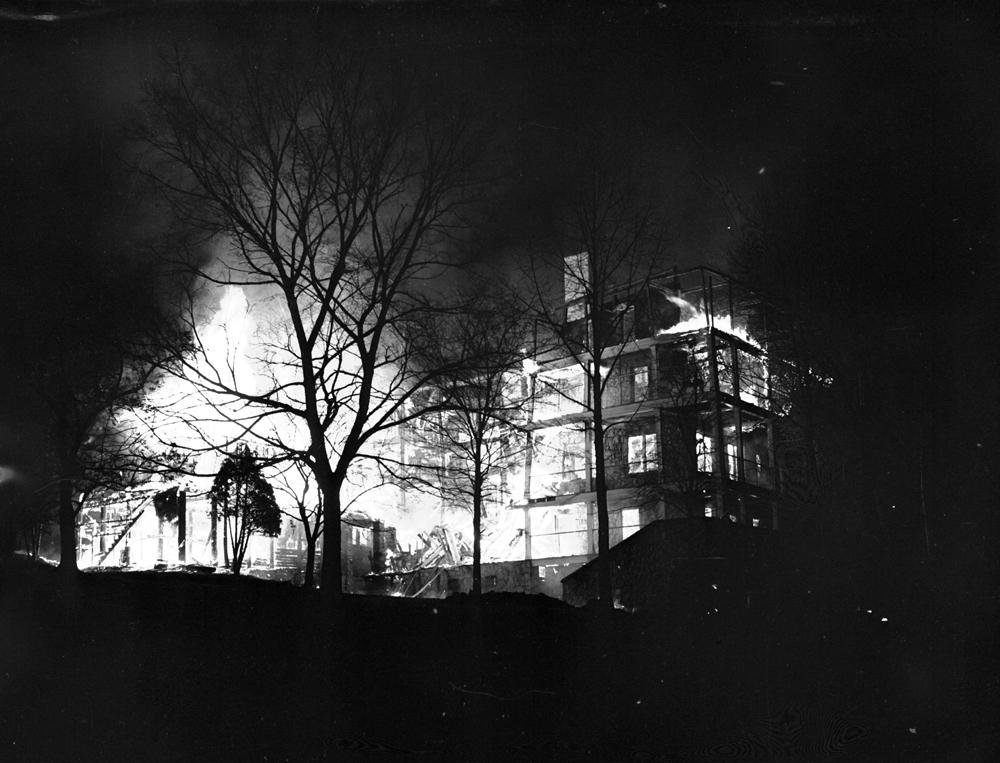 It is also true that I have my own personal knowledge of the landscape of this novel. Both my parents suffered from mental illness, and my father was a patient at Highland in the 1950s. Decades later, my beloved son Josh spent several helpful years there in the late 1980s, in both inpatient and outpatient situations, as he battled schizophrenia. During that time, I came to know the hospital like the back of my hand. And though I had always been interested in Zelda Fitzgerald, it was during those years that I became fascinated with her art and her life within that institution, and by the still-unsolved mystery of her awful death.
It is also true that I have my own personal knowledge of the landscape of this novel. Both my parents suffered from mental illness, and my father was a patient at Highland in the 1950s. Decades later, my beloved son Josh spent several helpful years there in the late 1980s, in both inpatient and outpatient situations, as he battled schizophrenia. During that time, I came to know the hospital like the back of my hand. And though I had always been interested in Zelda Fitzgerald, it was during those years that I became fascinated with her art and her life within that institution, and by the still-unsolved mystery of her awful death.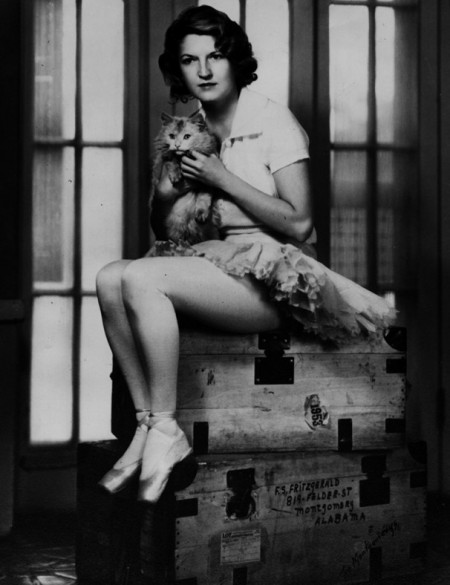 Do you think F. Scott Fitzgerald was guilty of suppressing his wife's creativity?
Do you think F. Scott Fitzgerald was guilty of suppressing his wife's creativity?